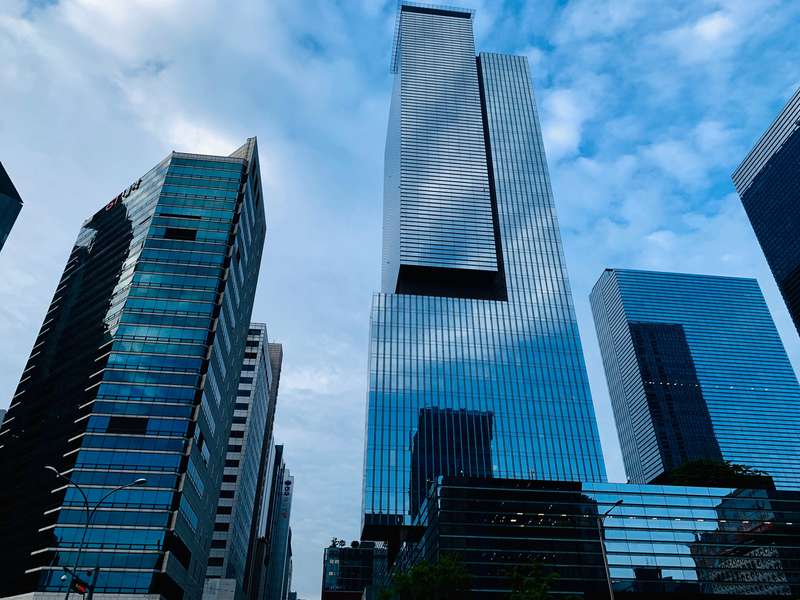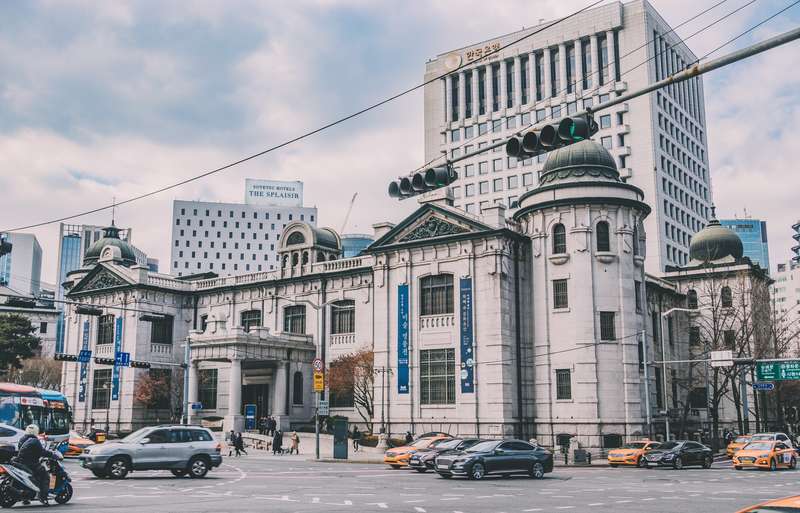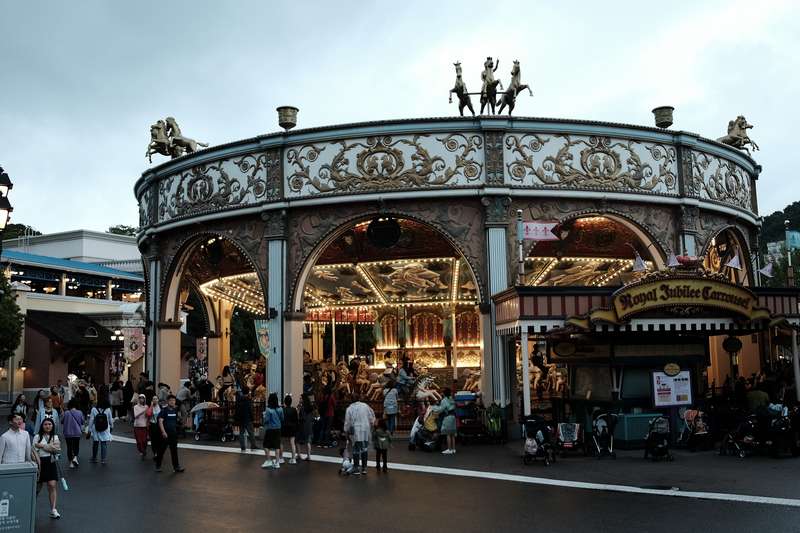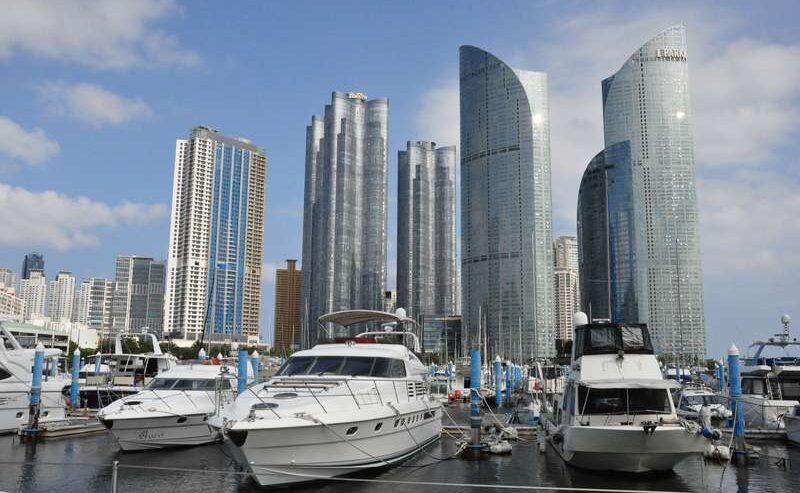Guide For Living Abroad In South Korea
Expats and retirees often choose South Korea as a place to live because of its lower cost yet high standard of living. In order to relocate to South Korea, you will need a long-stay visa, some Korean language practice, and cultural competency.
Discover the world's top
health insurers.
Compare quotes with
a click of the button.
Are you considering South Korea as a great place to live? Perhaps you’re on the hunt for the perfect spot to retire. Maybe you need a change of scenery or an adventure as an expatriate.
Keep reading to find out why so many Westerners are looking to move to South Korea!
In this guide, we will offer the best pointers and information to jump-start your planning. We’ll explore the difference in the cost of living between the United States and South Korea. We will also point out some important tips for cultural competency and applying for a visa in South Korea.
Most Important Information For Living In South Korea
The most important information before moving abroad to South Korea is to know how the cost of living compares to the USA so you can budget accordingly. During the long-stay visa application process, you will be required to demonstrate that you can afford to live in the country.
In addition to knowing some budgeting information basics, you’ll also want to know about the visa application process. Don’t forget to learn some language and cultural basics as well!

For more general information, or to see how the cost of living in South Korea compares to other Asian countries, check out our Guide to Living Abroad in Asia.
If you haven’t picked a destination city in South Korea, you will also want to read our article on the best places for expats in South Korea.
Cost Of Living In South Korea Vs. The USA
The average cost of living in South Korea is much lower than the average cost of living in the United States. The biggest savings are found in the price of monthly rent for apartment units in both the suburbs and downtown locations.
Methodology
We used crowd-sourced data to compare the cost of living in both countries. The data is an average across many cities in both countries, so actual amounts and differences will vary.
Housing Cost Comparison South Korea Vs. The USA
The average rent prices in South Korea are significantly lower than in the United States. This is true for family and individual housing, as well as downtown and suburban locations. Monthly mortgage payments are much higher on average in South Korea.
One-bedroom Apartments
- A downtown one-bedroom apartment in South Korea is 67.4% less expensive than in the United States.
- A suburban one-bedroom apartment is 72.1% less costly in South Korea than in the USA.
Three-bedroom Apartments
- A downtown three-bedroom apartment is 52.4% more affordable in South Korea than in the USA.
- A suburban three-bedroom apartment is 62.1% less expensive in South Korea compared to the United States.
Monthly Mortgage Payments
- Average interest rates in the USA are around 5.25%, but they are only 3.53% in South Korea currently.
- The average monthly mortgage payment on a downtown condo in Korea is 64.5% more expensive than the average monthly payment in the USA.
- The average monthly mortgage payment for a house in the suburbs is 85.6% more expensive in South Korea than in the United States.
Food Cost Comparison South Korea Vs. The USA
Dining out is much more affordable in South Korea compared to the United States. Grocery prices vary widely, with many Western staples being more expensive in South Korea than in the United States.
Dining Out Prices in South Korea vs. the USA
The average price on the lunch menu in South Korea is 63.3% cheaper than in the USA. Dinner for two is also cheaper; the price is 54.7% less in South Korea. Fast food meals are 42.1% less expensive on average in South Korea.
Grocery Prices in South Korea vs. the USA
Some American staples are significantly more expensive in South Korea. For example, milk can be double the price of what you’d pay in the United States. Other foods, like steak or potatoes, can also be similarly more expensive.
Fruits common to the United States may be more expensive in South Korea, some of them costing almost 100% more. This includes fruits like bananas, apples, and even oranges.
On the other hand, you may see modest savings on grocery staples like white bread, rice, and eggs. Other grocery items that may be cheaper in South Korea include chicken and onions.
Transportation Cost Comparison South Korea Vs. The USA
The reported monthly transportation costs tend to be 13.3% higher on average in South Korea. Gasoline is 36.6% more expensive in South Korea. A monthly public transit pass is 34.2% cheaper in South Korea on average. Taxis are 32.2% cheaper in South Korea.
Salaries In South Korea Vs. The USA
Salaries in South Korea are 49.3% lower on average than in the United States. However, this is offset by the lower cost of living in South Korea. Actual differences in salary will vary widely depending on the field and job.
The average after-tax salary in South Korea is enough to cover 1.9 months of the average expenses for an individual, and the average after-tax salary in the United States is also enough to cover 1.9 months of the average individual’s expenses.
Is South Korea Expensive To Live In?
South Korea has a lower cost of living than the United States. This is due, in large part, to the lower rent prices in South Korea. Taxes may be higher in South Korea, but the taxes will help cover more of your medical expenses.

South Korea also has a modern and robust transportation system that makes getting from place to place affordable and easy, even without a vehicle!
Living In South Korea As An American
Americans should be aware that only 20% of people in South Korea speak English, so learning some basic Korean will help you conduct your day-to-day business and entertainment. Be aware of the customs and manners in South Korea to show respect and avoid embarrassment.
Cultural Adjustments For Americans In South Korea
One big difference between South Korea and the United States is that you should always remove your shoes when entering someone’s home. This is the norm in South Korea. There are more important differences you should know before entering South Korea.
Here are some of the other different customs:
- Respect for elders
- Bowing is more common than handshakes as a greeting
- Eye contact is seen as confrontational and rude in South Korea
- Education in South Korea focuses more on memorization
- Being in close proximity to others, especially on public transportation, is considered less intrusive in South Korea
- Speaking directly about problems can come across as confrontational and rude in South Korea. Indirect communication is favored.
Healthcare In South Korea As An Expat
South Korea has one of the best medical systems in Asia. The country is a leading force in research and medical innovation globally. They have both private and public hospitals and clinics.
Anyone who stays in South Korea for six months or longer must enroll in the mandatory National Health Insurance. Typically for expats, your employer pays 50%, and you pay the other 50% of the premiums. The premiums vary based on your salary.

Certain conditions are not covered by the National Health Insurance Program, so having private international health insurance will help you access private hospitals and clinics for these conditions, such as chronic illness. Private healthcare also has shorter wait times than the public sector.
You will also need health insurance when you first arrive because it can take a number of months to receive your Alien Resident Card which allows you to enroll in the National Health Insurance.
Retiring In South Korea From The USA
American retirees need to be aware that to obtain retirement pensions from the South Korean government, you must have made minimum contributions for the minimum time span. There are special exceptions through the Social Security Agreement.
South Korea and the United States have a Social Security Agreement that helps people who have worked in both countries. It also helps expats who would otherwise owe social security taxes to both nations.
Please note that South Korea does not offer a long-stay visa specific to retirement. You will need to qualify for a long-stay visa another way. However, South Korea remains a popular place for Westerners to retire.
Moving To South Korea From The USA
When moving overseas, be sure to budget appropriately for moving expenses. Moving furniture and personal belongings can get expensive quickly. Budget for this or plan to purchase furniture at your destination, like South Korea.
When moving to another country, it’s important to make sure that you are only submitting visa applications through legitimate websites. To save you a headache, we have only linked official visa websites below to provide confidence when doing research!
Visa Requirements For US Citizens In South Korea
Americans can stay up to 90 days in South Korea with a K-ETA. If you would like to stay for longer, you will need a long-stay visa from South Korea. Like most countries, you will be required to complete an application and the required documents.

To apply for a long-stay visa for South Korea, you must first locate your consulate within the United States. Appointments can usually be scheduled online for each consulate.
More details about different types of visas can be found on the official consulate websites. General Requirements for long-stay visas of all types include the following:
- Passport
- Appropriate visa application
- Application fees
- Up-to-date passport-style photo
- Pre-paid and self-addressed envelope
- If you are a resident of the USA but not a citizen, additional documents will be required
Conclusion
South Korea can be your next great life adventure! By following the helpful tips in this guide, you’re already much closer to being prepared to move abroad to South Korea. If you would like to consider other countries, check out our guides for Singapore and China!
- Diversity, Equity, and Inclusion in the Workplace - February 29, 2024
- Is It Cheaper To Live In Dubai Or The United States? - September 28, 2023
- The Best Thailand Holiday Insurance - September 27, 2023



Comments
Comments are disabled for this post